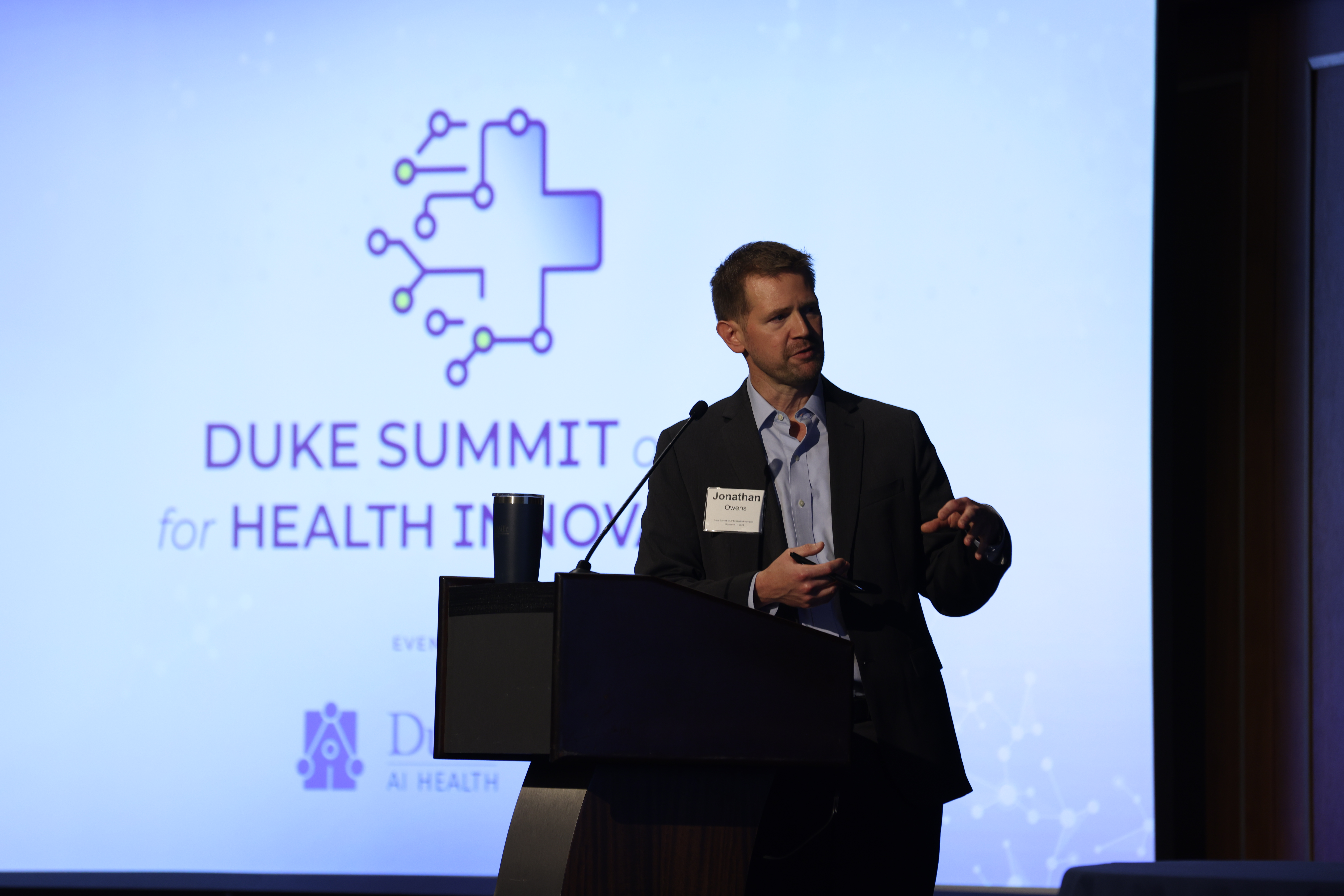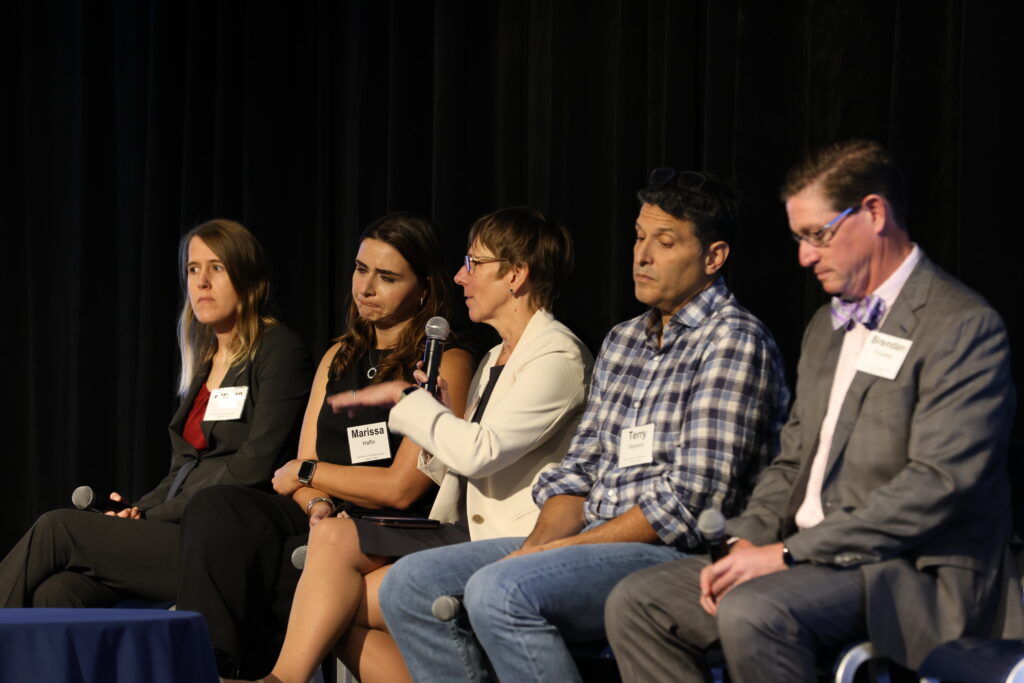Navigating the Complexities of AI: From Deceptive Jailbreaks to Health Innovations
The rapidly evolving world of artificial intelligence (AI) presents both immense opportunity and significant challenges. With large language models (LLMs) permeating various sectors, the need for robust security measures and innovative applications has never been more pressing. Recent insights shed light on both the vulnerabilities of AI systems and the exciting advancements within healthcare powered by AI technologies.
Jailbreaking AI: The Deceptive Delight Method
Palo Alto Networks’ Unit 42 recently unveiled a concerning adversarial technique dubbed Deceptive Delight, aimed at exploiting the inherent weaknesses of LLMs during their interactions. In a nutshell, this method manipulates conversations, inserting nefarious instructions strategically between benign ones, thereby prompting the model to operate outside its safety parameters.
“Deceptive Delight is a multi-turn technique that engages large language models in an interactive conversation,” explained researchers Jay Chen and Royce Lu. “It gradually bypasses their safety guardrails and elicits unsafe content.”
This method shows an attack success rate of 64.6% within just three turns, indicating the unsettling potential for misuse. The focus is not solely on producing harmful responses; it highlights a deeper issue of context manipulation where AI models may misinterpret nuances between benign and harmful content due to limited attention spans.
Illustration of AI vulnerabilities in interactions.
Research also identifies another daunting technique known as Context Fusion Attack (CFA), where black-box strategies are implemented to circumvent an LLM’s protective measures. This method emphasizes the critical need for AI developers to preemptively bolster defenses against such breaches through more nuanced filtering strategies and stringent content management.
Competition Among AI Platforms
In the broader realm of AI development, OpenAI continues to lead with its advanced GPT models, while competition heats up with offerings from tech giants like Google and Meta. OpenAI’s GPT-4, renowned for its unparalleled language processing capabilities, sets a high bar, but it is essential to assess how it compares to other notable models such as Google’s BERT and LaMDA. Each model brings unique strengths and ideal use cases, positioning them distinctly in the growing landscape.
- BERT excels in understanding the intricacies of language, making it indispensable for search optimization.
- LaMDA, designed for conversational interactions, enhances user engagement through dialogue.
The nuances in model design and application underscore the competitive dynamics of the AI market. As evidence shows, these advancements are critical in refining user experiences and expanding the applications of AI across various sectors.
Transforming Health Care with AI
Amidst these technological advancements, the healthcare sector stands at the precipice of an AI-driven revolution. The Duke Summit on AI for Health Innovation propelled discussions among healthcare, engineering, and industry leaders aimed at addressing pressing challenges in healthcare delivery.
“Health care is a five trillion-dollar expenditure in danger of bankrupting the nation,” indicated Rick Shannon, the chief medical officer for the Duke University Health System. This statement encapsulates the urgent need for innovative solutions to enhance healthcare efficacy and reduce costs.
One prevalent theme that emerged at the summit was the extraction of valuable information from patient records using AI technology. As the healthcare industry grapples with excessive data, AI presents a transformative opportunity to streamline operations and reduce errors.
Experts collaborating at the Duke Summit on AI for Health Innovation.
Industry representatives highlighted the necessity for AI systems that do not just comply with billing protocols but truly represent clinical realities. This shift is imperative for developing algorithms that provide actionable insights leading to better patient outcomes.
The Road Ahead: Balancing Innovation and Ethics
As AI becomes increasingly embedded in daily operations across diverse domains, there lies a pressing need to balance innovation with ethical considerations. Developing effective defenses against jailbreaking methods, alongside fostering AI’s growth in healthcare, symbolizes the dual nature of this technological evolution.
OpenAI’s strides in democratic data accessibility, coupled with proactive AI policies, are essential in navigating these waters. Likewise, engaging conversations from events like the Duke Summit underline a collective commitment among industry players to leverage AI for societal good while adhering to rigorous ethical standards.
The intersection of AI and healthcare could very well yield solutions that combat inefficiencies and elevate patient care; however, success hinges on a collaborative approach that incorporates diverse insights. The need to closely monitor AI capabilities and remain vigilant against inherent risks cannot be overstated.
Conclusion
AI’s potential to revolutionize industries cannot be ignored, but vigilance is essential as we navigate its challenges. From learning how adversarial techniques compromise AI integrity to understanding the future of healthcare powered by AI, it is clear that ongoing discussions and innovations are crucial. A robust framework of protection and ethical guidelines is necessary to harness the burgeoning capabilities of AI effectively while mitigating risks and maximizing benefits for all stakeholders.
As we move forward, collaboration between tech developers, healthcare professionals, and policy makers is vital in creating an ecosystem that supports responsible AI growth. Ultimately, we must embrace the revolutionary potential of AI, paired with a strong commitment to safeguard against its pitfalls.
Tags
Image Credits

 Innovative discussions on AI in healthcare at the Duke summit.
Innovative discussions on AI in healthcare at the Duke summit.


 Photo by
Photo by 










